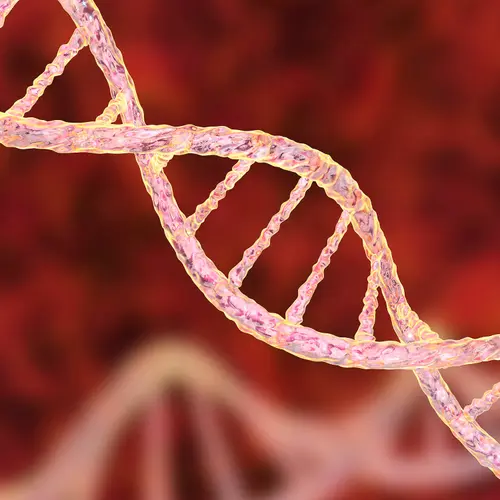Your child has a unique set of personality traits that make them the person you love. Especially in kids with ADHD, there’s an important difference between behavior and personality. With symptoms like restlessness, inattention, and impulsivity, ADHD is a condition that affects behavior.
So ADHD meds shouldn’t change your child’s personality. When your child is on the right ADHD medicine – and at the right dose – you should expect to see a positive change in their behavior. That might look like better focus, planning, and follow-through, and less impulsivity and hyperactivity. Your child may report better experiences in school and socially. That could boost their feelings of confidence and self-worth.
Sometimes, what may seem like a personality trait can actually be your child’s attempt to cope with their ADHD. For example, in trying to manage time and focus, they might become rigid about schedules. They may be less talkative or confident in social settings if their efforts to be social have failed in the past. They may appear uncaring or quick to engage in risky behavior. Each of these traits is a symptom of ADHD.
The ‘Zombie Effect’
ADHD meds should never take away your child’s liveliness, curiosity, or joy. Kids still need to be kids. How each child responds to ADHD medicines varies widely, and sometimes unexpectedly. So your child’s treatment plan should be tailored to them and closely supervised by their doctor.
The stimulant medicines commonly used for ADHD work well in most children when prescribed effectively. But it can take time to find the right medication and the right dose. (You might hear this process called titration.)
Sometimes, parents say their child appears dazed when they start taking a stimulant ADHD med. This “zombie effect” is a kind of hyperfocus that could mean their dose is too high.
Children on stimulant medicines can also develop side effects that could look like changes in personality. They may behave more excitedly or become more withdrawn. They may act more inflexible or develop obsessive-compulsive behaviors. They may cry more. These symptoms will likely disappear with a change in meds or dosage. But call your doctor immediately if your child starts to hear or see things that aren’t there or seems paranoid.
Some kids also have what’s called “stimulant rebound” as their meds wear off. This can take the form of moodiness, tiredness, or hyperactivity. If this happens, your doctor might change your child’s schedule for taking medicines or switch to a longer-acting version of their meds.
If your child is among the about 20% of children for whom stimulant medicines don’t work, your doctor can try a different type of medicine. They’ll fine-tune the dose to match your child’s height, weight, and age. Ideally, your child should take the lowest possible dose of whatever medicine works well for them.
Medication Isn’t a Cure
Medication only improves symptoms of ADHD; it’s not a cure. No medication will take away all the symptoms all the time. And if your child stops taking their meds, their symptoms will return.
Even if a medication is working as well as your doctor thinks it should, your child may still be forgetful or struggle emotionally and socially. Behavioral therapy techniques for your child should be part of a total plan to manage ADHD. Therapists can also teach parents ways to encourage better habits and behavior.
You can do your part by helping your child avoid distractions as they do schoolwork and by encouraging them to eat well, get enough sleep, and be physically active.
Other Things You Can Do
To make sure your child gets the most benefit from their ADHD treatment:
- Learn everything you can about the medicine your child has been prescribed — how to take it, potential side effects, and any reactions when taken with other medicines.
- Talk often to your child’s doctor, especially if you’re fine-tuning dosages and meds.
- Pay attention to whether the medication improves your child’s behavior and mood.
- Watch for side effects and other changes in your child, keep track of what you see, and let the doctor know.
Tell your child’s doctor if you see changes such as:
- Moodiness
- Irritability or anger
- Emotional ups and downs
- Anxiety
- Poor appetite
- Difficulty sleeping
- Headaches
- Facial or other tics
ADHD medicines don’t stay in the body for long. In their longest-lasting form, they’re effective for no more than 12 hours per dose. As soon as your child stops or tapers off a medicine that doesn’t work for them, these symptoms should go away quickly.
Can My Child Outgrow Their ADHD Medication?
Keep up with your child’s regular checkups, even if your child has been taking ADHD medicine for a long time. Kids can outgrow their therapies. They may need to change medicines or try a different dose. Keep monitoring their behavior and symptoms.
Rather than change your child’s personality, properly dosed and prescribed ADHD medications may help to reveal their true one. It can keep them from being at the mercy of the urges and distractions that are the hallmarks of ADHD.

